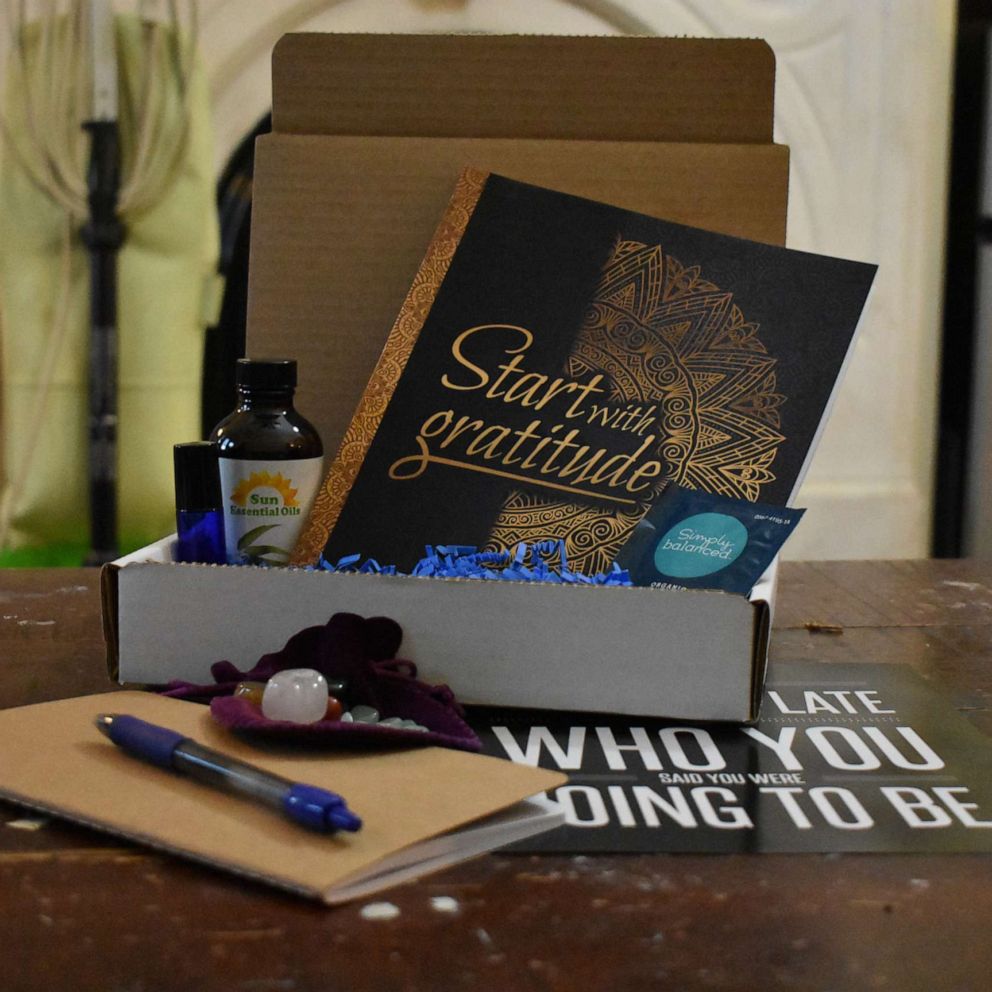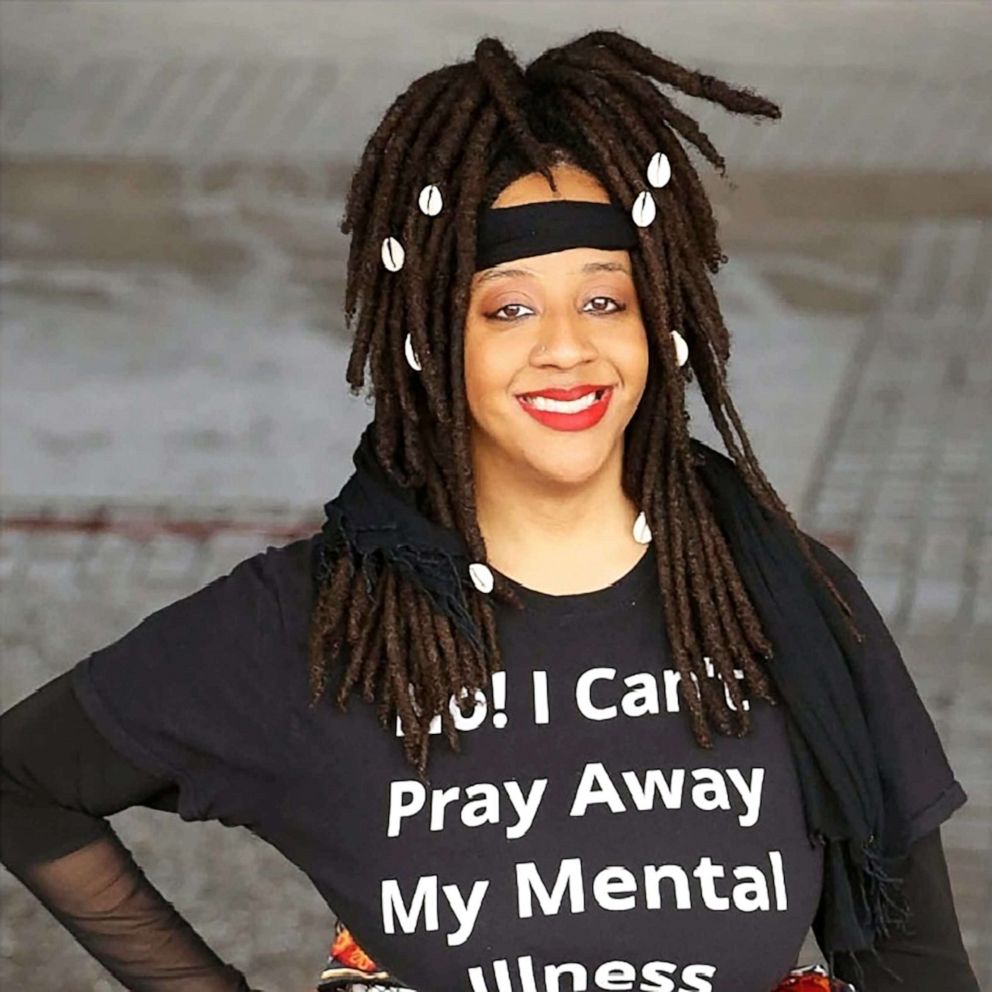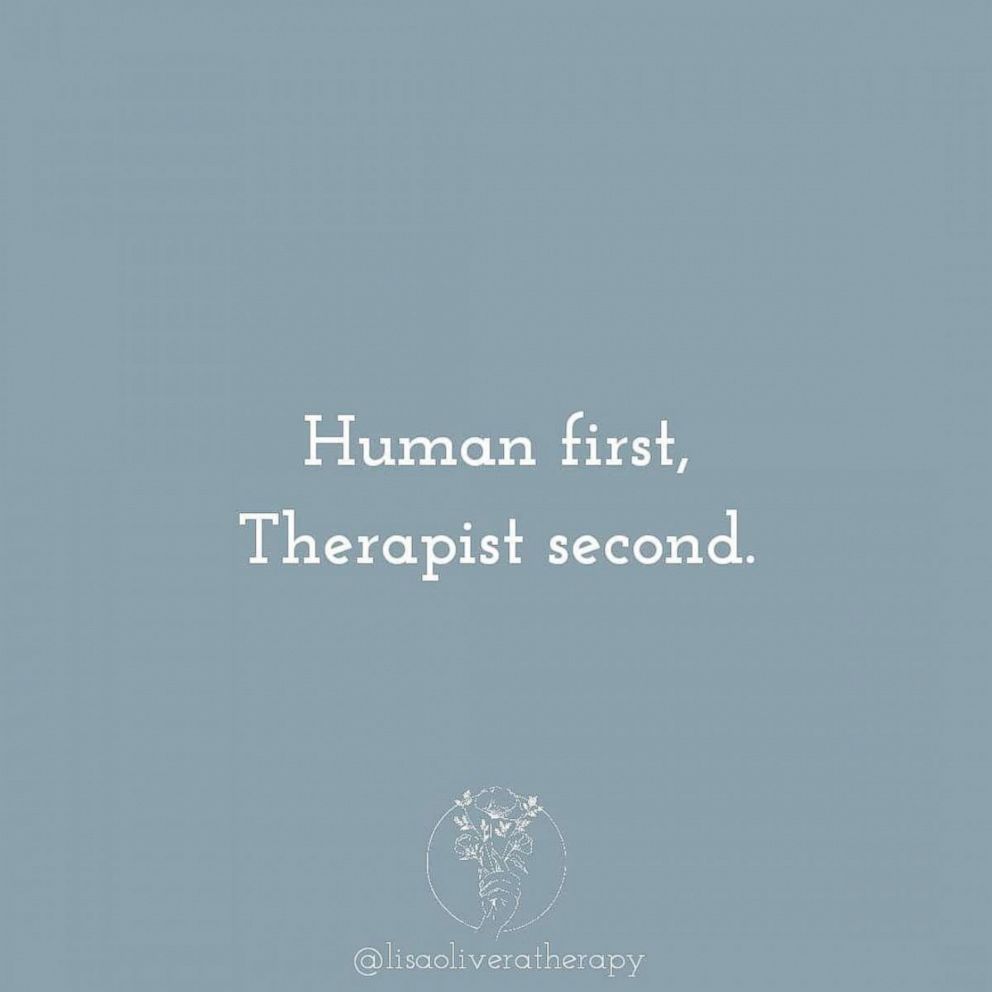How city benches are encouraging conversations about mental health
This NYC program offers a listening ear to those in need.
A new program in New York City is changing the way people view therapy and de-stigmatizing conversations around mental health and depression using something as simple as city benches.
The Friendship Bench is a program that lends a listening ear to those in need by offering peer-to-peer mental health conversations.
"That's all it takes -- it takes one conversation to change somebody's life," Helen "Skip" Skipper, a peer listener, told "Good Morning America."
Steve Lopez, another peer, added: "I don't need your name, I don't need to know where you live, I just need to know how you are doing. And talking is the best way to alleviate problems in the future."
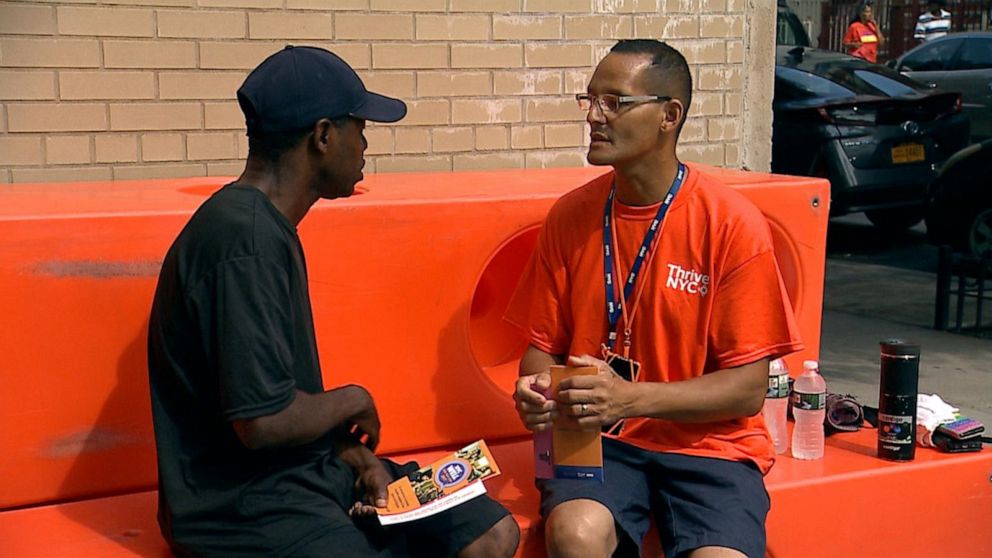
While they aren't certified therapists, they still offer up a listening ear that many see as invaluable.
Takeesha White, a therapist and the executive director of the Department of Health and Mental Hygiene in New York City, said she believes Friendship Benches are the answer to a happier society.
"Peers are individuals with lived experiences," she said. "I'm talking about addiction, substance misuse, homelessness, incarceration, brutality, violence, partner violence, all these things."
"There's a lot of stigma ... around the mental health," White added. "Where folks are not quite ready to and they don't quite have the language, understanding to go from, 'Hey, I'm not feeling well today to let me go to a psychiatrist.'"
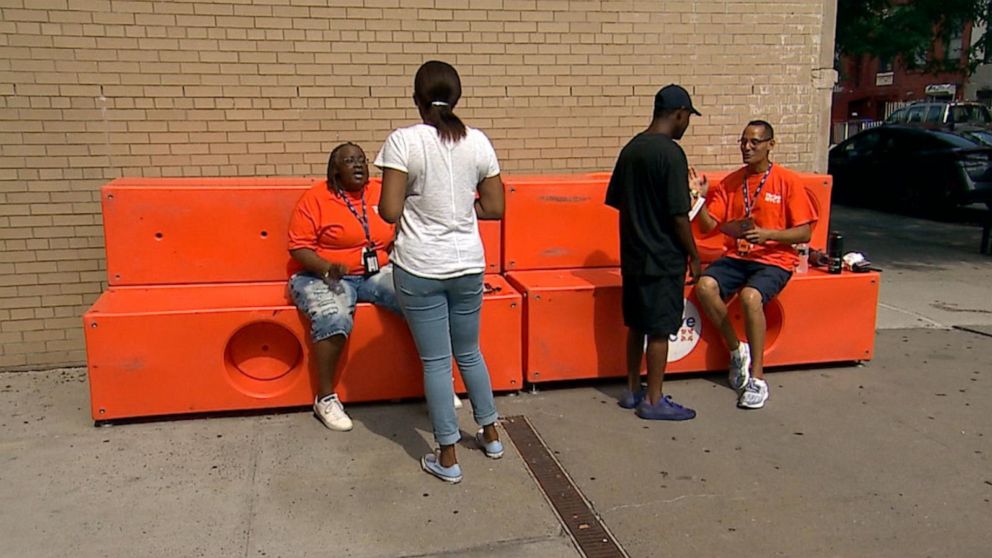
Friendship Benches began in Zimbabwe, where Dr. Dixon Chibana created the program by training grandmothers in the community to help support and listen to others.
"They told their stories and their depression symptoms went away, their anxiety went away," White said.
Today, Friendship Benches are popping up throughout the Big Apple, and many see them as the answer to the mental health needs of so many Americans.
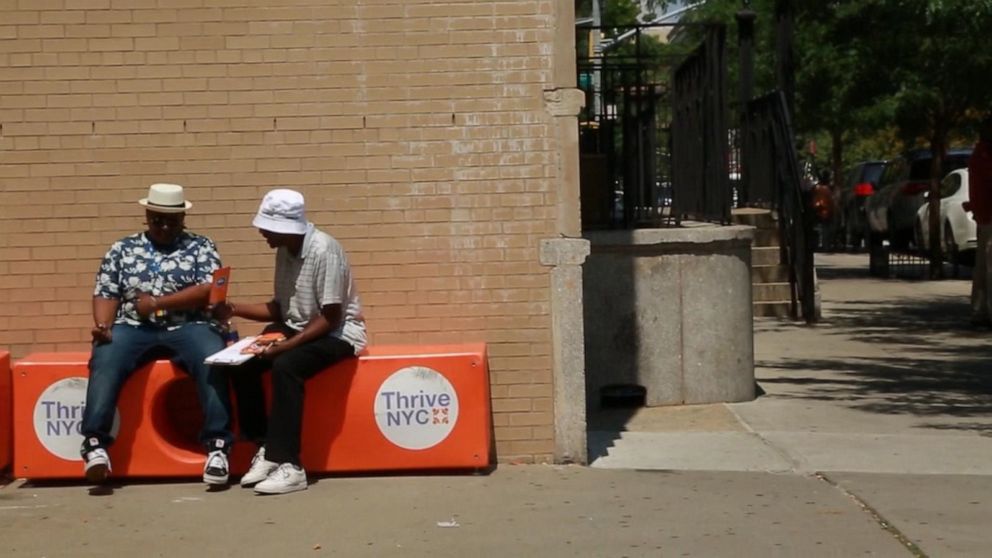
If a stranger approaches a bench, White says she wants them to know that "they have everything they need inside of themselves."
"Your pain is not imagined. The environments around us are challenging," she added. "If you would just take the time to not hold that as your responsibility and just connect with your thoughts, you will find relief."
